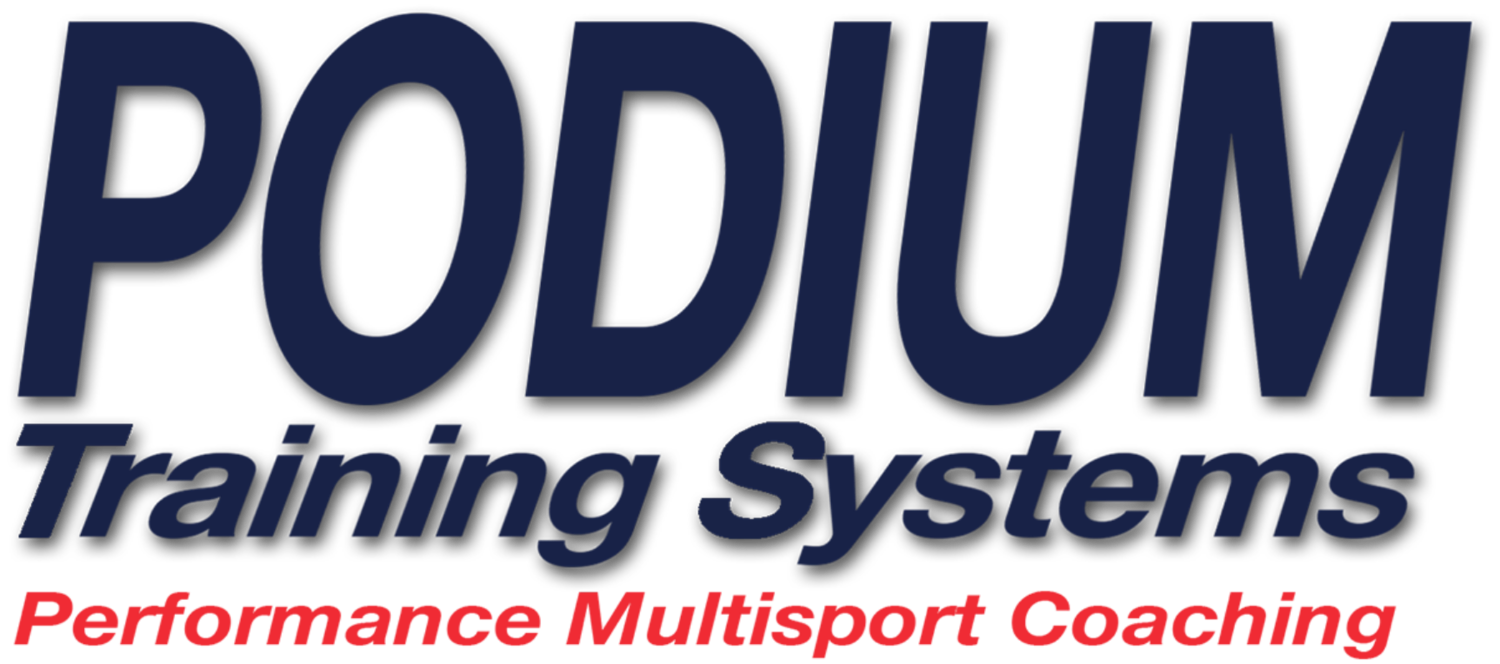Some time ago, I wrote about a presentation I gave to a triathlon club in Manhattan. My goal that day was to discuss training, planning, periodization, and nutrition, and to handle any questions as they arose.
As I said back in my
, the volume of questions was nominal during the discussion on proper training methodologies, the differences between speed and speed endurance, etc. But
what really got everyones attention was my statement that
“triathlon is not a diet”.
I won't fully recap the previous post - you
at your leisure. The point here is that you need to fuel your body for training, recovery, and performance. You need to eat carbs. You need to eat. Period.
I know an individual who, 3 weeks before an Ironman race - his goal race of the year - had cut out carbs in an effort to attain his "ideal racing weight".
Well, he lost weight. Mostly muscle mass, I'm guessing, as his body had no significant source of glycogen to fuel and recover. He had a terrible race by his own admission, but he blamed it on other factors. I'm not saying that other factors didn't contribute, but I'm pretty confident that not eating correctly for the final three weeks of training was the primary culprit.
This took place a few years ago. But that's not so far into the past that smart nutrition didn't exist.
The fact that you should be smart in how you eat is obvious. But I say "you need to eat" as I hear far too many beginner, and age-group triathletes, talking about losing weight, cutting carbs, and cutting calories, in an attempt to get to their "race weight".
Incorporating a well balanced, whole-food based, nutritionally solid diet during your training is critical. You'll feel better. You'll recover better. You'll train better. You'll most likely race better.
And it just might make you revisit what your "ideal race weight" is.
Look at what the pro's eat. They're careful about what they eat, yes, but they eat to train, recover, and race. They consume a large amount of calories to ensure they are providing themselves the fuel and nutrients to train and recover given the volume and intensity of their training.
Depending on your own activity levels, you will most likely need more than the average amount of calories a day as well.
A well balanced, well thought-out, diet includes proteins, fats, and carbohydrates - always - with the percentages of each macro-nutrient changing throughout the year as you progress from off-season, through your race season.
My education as a coach, as well as my education in sports and performance nutrition, has really opened my eyes to what a proper pre-season, race-season, and off-season, diet can and should look like. As we're beginning our 2014 season planning, I'm working with my athletes to discuss not only goals and races, but also how diet and nutrition is built into their training.
Are you talking with your coach about nutrition as part of your training? If not, you should be.


